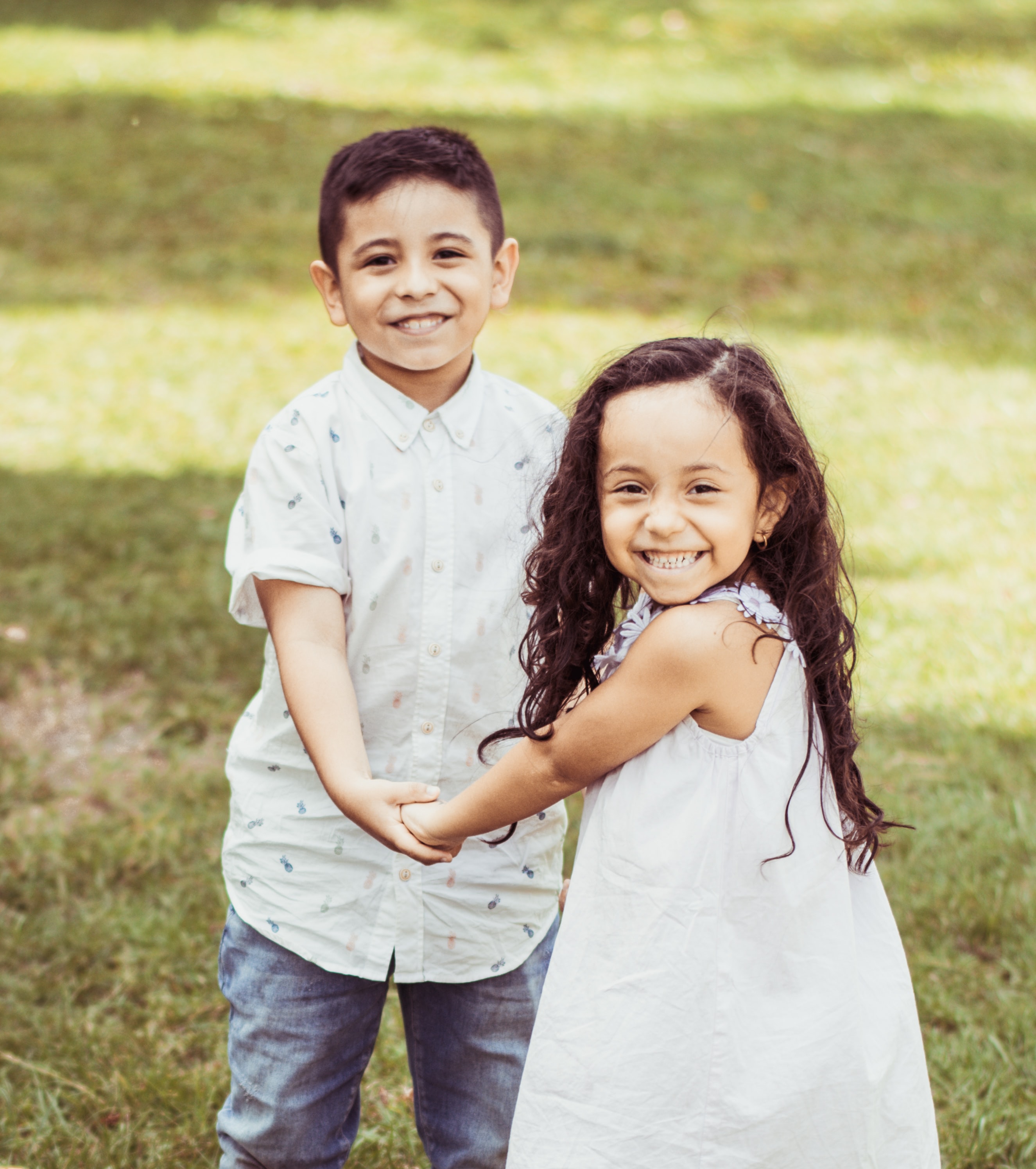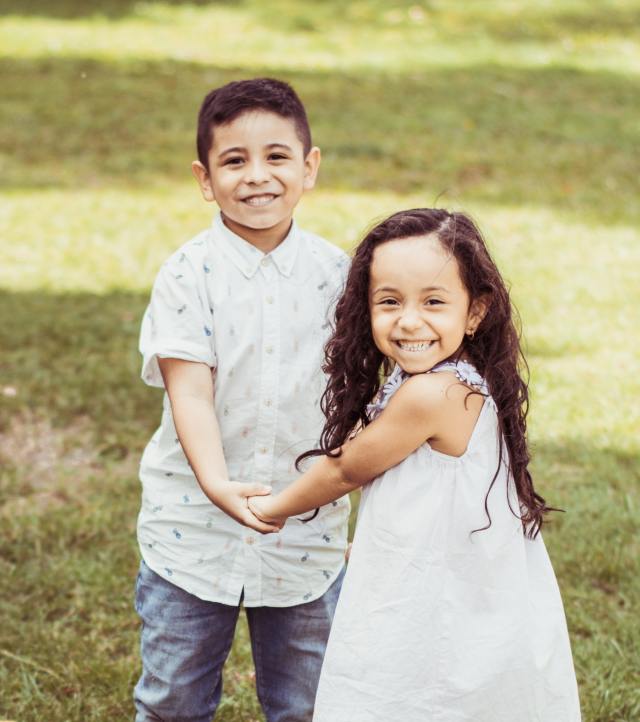
It’s funny what kids can teach you. Recently, a good friend of mine told me a story about a problem his daughter was having with one of her friends. She told him how upset she was because her friend had said something mean to her, and the comment, according to his daughter, was unforgivable.
But then, my friend said, he watched as his daughter reflected about what she just said to him. She shook her head and said, “No, that’s not right. I still want to be friends with her.”
She proceeded to tell him she would forgive her friend in the end. His daughter said she could see herself making the same mistake her friend did. And besides, she noted, their friendship would become stronger because of what happened.
He told me how astonished he was watching the whole scene play out in front of him, and he wondered aloud how could a child show so much empathy?
Afterward, it got me to thinking the world would be a much better place if we all could show more empathy and forgiveness in our lives. And maybe, if we taught our children to be more forgiving, then maybe we could be more forgiving ourselves.
To Forgive Others, First Forgive Yourself
We are often our own worst critics, especially children. How often have you heard your child say to themselves, “I’m not good at this” or “this is too hard for me”?
Maybe the first step in teaching the value of forgiveness to is to teach our children to forgive themselves. If we’re angry with ourselves, then it shouldn’t come as a surprise when that anger and resentment comes pouring out at those around us.
The awesomeness of teaching your child to forgive themselves is that it instills in them a self-confidence that allows them to project a kindness onto others.
With young children (ages 4-6), it’s important we start to build this foundation early. We can do so by sitting and reading picture books with our child that demonstrate the value of love and understanding. Dr. Seuss’s Horton Hears a Who! is wonderful example of a story showing how every being brings value to this world.
Even with older children, the power of story is a valuable tool in teaching life lessons, including forgiveness. There are countless examples of stories with powerful messages. Encourage your child to read such stories.
Teach by Example
Like it or not, your child watches you carefully and takes cues from your behavior. What better way to teach forgiveness then to demonstrate it regularly with your spouse or the rest of your family. Openly ask for forgiveness from your spouse and be sure to extend it when your spouse asks for it.
These lessons can apply to spouses, between you and your kids, and between siblings. I’m not sure about you, but my kids bicker regularly, which provides countless opportunities to practice the principles of forgiveness.
An important key is to ensure the forgiveness is genuine. Our children are more insightful than you would think. Forgiveness shouldn’t be forced. Allow time for everyone to cool off if it’s necessary. If days are required, then days are what it takes. Nothing will be resolved if forgiveness is forced.
And through your actions, teach that forgiveness is not conditional. Teach that forgiveness does not have to be reciprocated. Yes, for reconciliation to occur, two people must come together. But at the very least, teach that it’s ok to forgive even if the other person does not.
When the fight is between siblings, it’s the perfect opportunity to teach the value of understanding the other person’s point of view. Discuss each person’s perspective openly to build understanding. Allow your child to witness how it’s easier to resolve disagreements when you know the other’s side of the story. These opportunities are an excellent time to teach the importance of treating others as we wish to be treated ourselves.
Finally, use family gatherings periodically—like during a mealtime once a week, for example—to discuss the matter, including how easy or hard it is to forgive, how it feels, and what it means.
Mistakes Are a Part of Life
Everyone makes mistakes. It’s important that kids understand that. Children make mistakes. Mom and Dad make mistakes. We are human. Making a mistake is a part of life, but a mistake does not define who you are. Forgiveness reinforces that idea.
Conflict is inevitable, especially among families, so teaching and learning these lessons early are crucial to raising children who respect the value of peace, compassion, and civility. But every journey begins with a single step. Teach by example. Practice forgiveness in your own life. Share those moments. Let your children watch and learn. It’s not an overstatement to believe these small steps can lead to a more peaceful and productive society.











